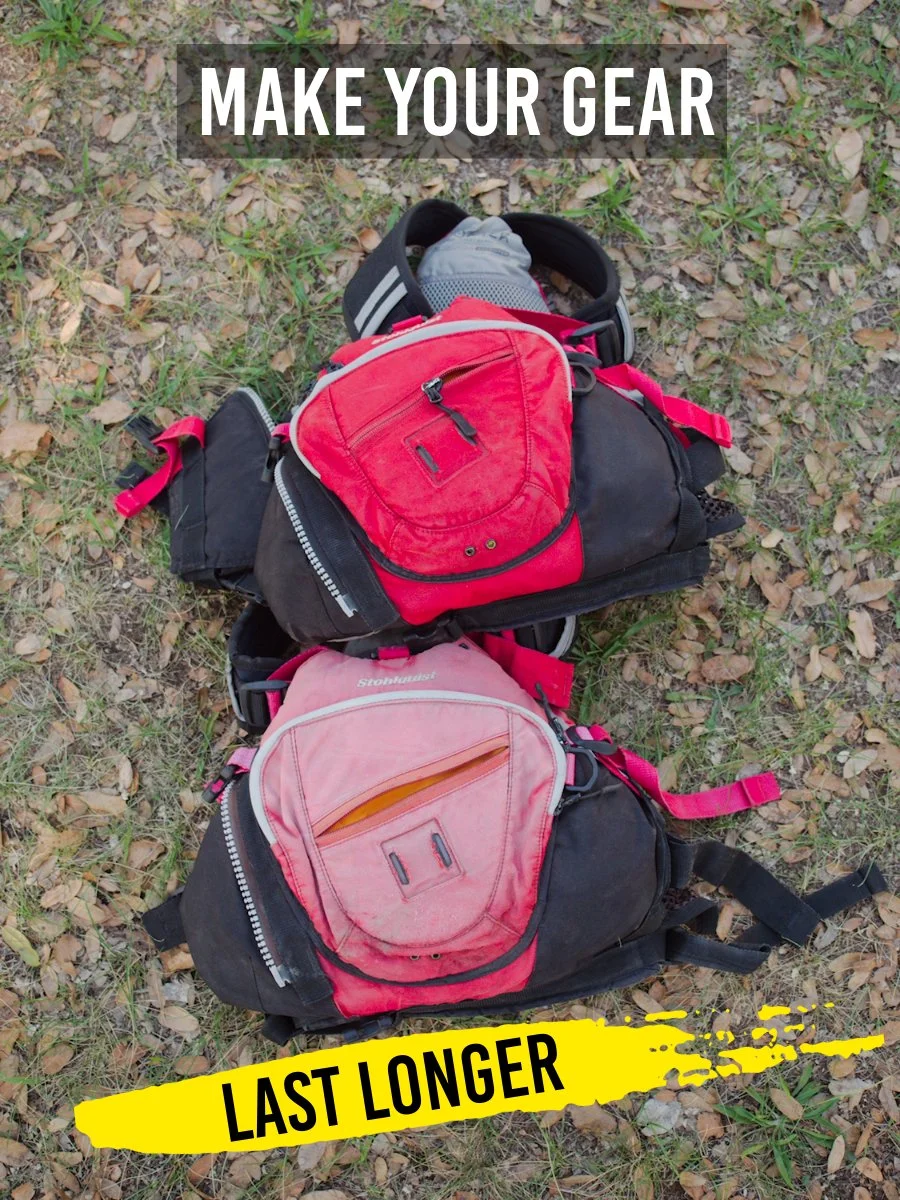In this video we got together with our friend Blake Spudman to talk about thwart positioning and setting yourself up a little differently in an r2. Blake has been attempting to bring some theories from his spud into his r2 rafting by sliding the thwarts back in the raft.
Welcome
Subscribe today for some amazing stories and content from our expedition team or find an outfitter for your next adventure.





















